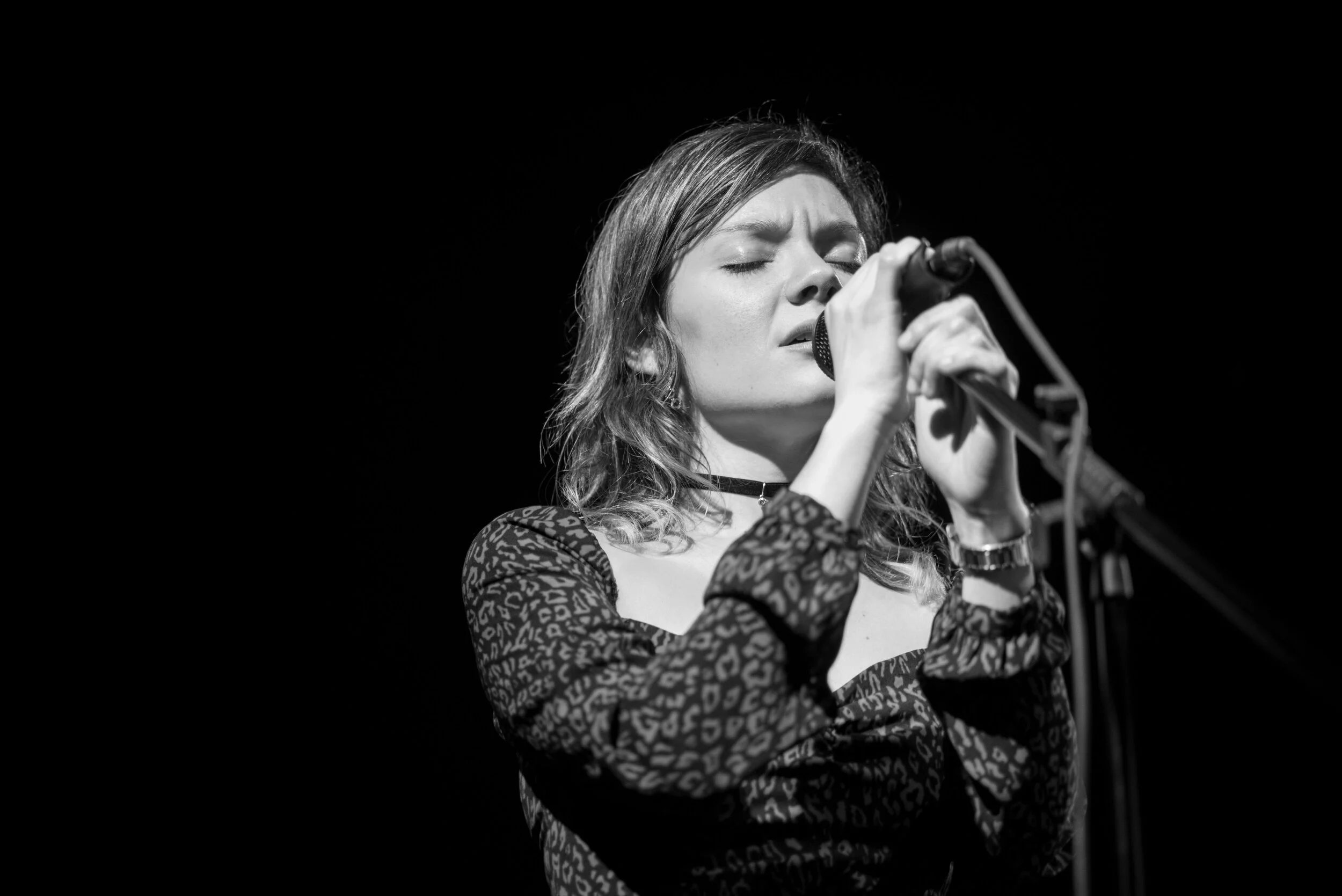GUILLERMO MARTORELL
FILM AND THEATRE COMPOSER GUILLERMO MARTORELL
His interest in soundtracks and telling stories through music began very early on. As a young boy, he would memorize movie themes in front of the TV and run to the piano to play them afterward. By 21 he was touring Europe and performing in places such as the Tate Britain museum in London, Sònar festival in Barcelona with Mr. Hubba & el Mono Inventor, an ambient electronica project he started by recording 4-track cassette symphonies in his bedroom.
After working for several artists around his native Barcelona during the last decade, playing guitar and producing, Martorell started composing for media, especially for filmmaker Marc Crehuet’s projects. He is currently scoring the director’s next feature film, Espejo, Espejo.
Greatest inspirations or influences?
Mmm, Keith Richards and Gustav Mahler. I’m drawn to artists with that type of end-of-the-world intensity. I also like artists who can create a whole universe of their own that draws me in slowly, like David Lynch or Kate Bush.
Guillermo, tell us about this exciting upcoming release.
“La Morta is my first score for the theatre, and I’ve been able to collaborate with some amazing people in it. One of the pieces is the song Dàlia, which is sung by the ghost of an abandoned girl in the play, and it was an opportunity to work with Maria Rodés, a singer and songwriter I have worked with and admired over the years. It was also an opportunity for me to write lyrics in my native Catalan. It was the first thing I wrote down and eventually all the music in the play revolved around that same melody. I always knew in the back of my mind that I was writing it for Maria to sing.
How has the pandemic affected you as a creative or your industry and how do you see things moving forward?
The play I composed this score for premiered in Barcelona just 4 days before lockdown. Luckily performances were able to resume in June but I don’t know anyone in the performing arts that hasn’t been affected profoundly by the situation. I have been fortunate enough to have had more work in the studio than live shows to do this year, but we should fiercely protect the future and livelihood of our live musicians and venues during this time, or we might end up seeing entire artistic ecosystems destroyed.
On the upside -if one can find one- I think we’re going to see a lot more interaction between artists from different parts of the world from now on, because collaborating from a distance has been the norm during the pandemic, and this has opened up the possibility in the minds of a lot of people.
Spotify La Morta




